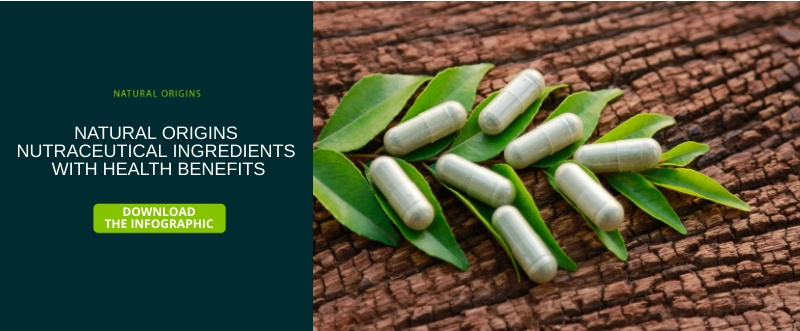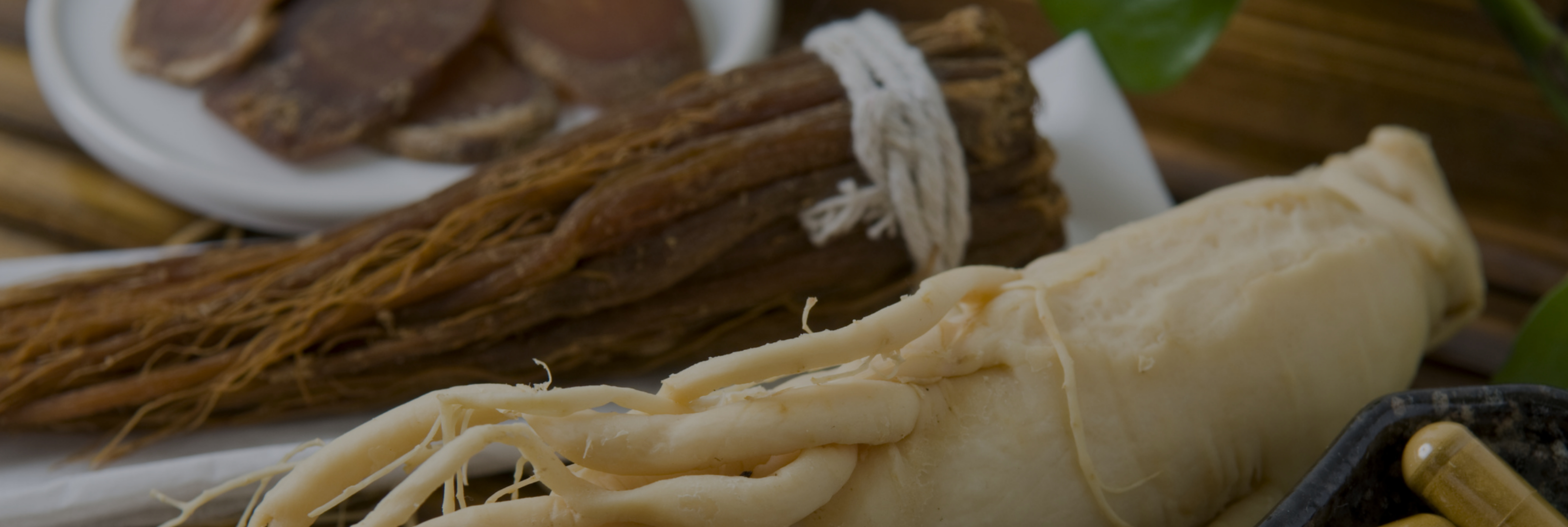The Amazonian Indians were the first to notice the benefits of acerola (Malpighia glabra). Today, this superfruit is a hit across the world. We’re going to tell you everything you need to know about the properties of acerola and its applications for the nutraceutical industry.
Acerola is a small edible tangy flavoured fruit. However, it’s the high level of vitamin C which generates interest. 100 grams of fresh and ripe fruit contains close to 1700 mg of vitamin C, that being 20 to 30 times more than 100 grams of oranges. But there is still more since the level of natural vitamin C of acerola can be much higher if the fruit is harvested at the right moment. The challenge is to green harvest at exactly the moment when its growth has a maximum concentration of vitamin C. For the best varieties this is proved by representing more than 2.5% of the weight of the fruit compared to a peeled orange which contains just 0.05%.
While the benefits of acerola are frequently limited to its exceptional vitamin C level, this superfruit offers other substantial assets. Other powerful natural antioxidants are on the list of acerola active components. The superfruit is also a source of vitamin A, group B vitamins and minerals including iron, calcium, phosphorus, potassium and magnesium. Combined with vitamin C, these nutrients support the benefits of acerola and its interest for the formulation of nutraceutical products.
Superfruit, superfood, « magic cherry »… superlatives don’t lack for identifying the properties of acerola. To capitalise on this, different acerola extracts are available today. They can be used to add ascorbic acid or proposed for natural vitamin C treatments. They can be used for producing capsules or tablets, but also for liquid suspensions for beverages or shots.
It must be noted that quality acerola extracts support European health authorities’ recognised health claims for vitamin C. As a reminder, products containing at least 12 mg of vitamin C for 100 g, 100 ml or per packaging if the product contains just a portion can contribute to the following functions:
Whether for developing a new product or re-working a formulation, please take a look at acerola extracts on our e-platform.Our experts are available to provide you personalised assistance. Discover both our organic or conventional quality references.

References :
CEO & Partner Natural Origins - Head of Innovation





Leave a comment